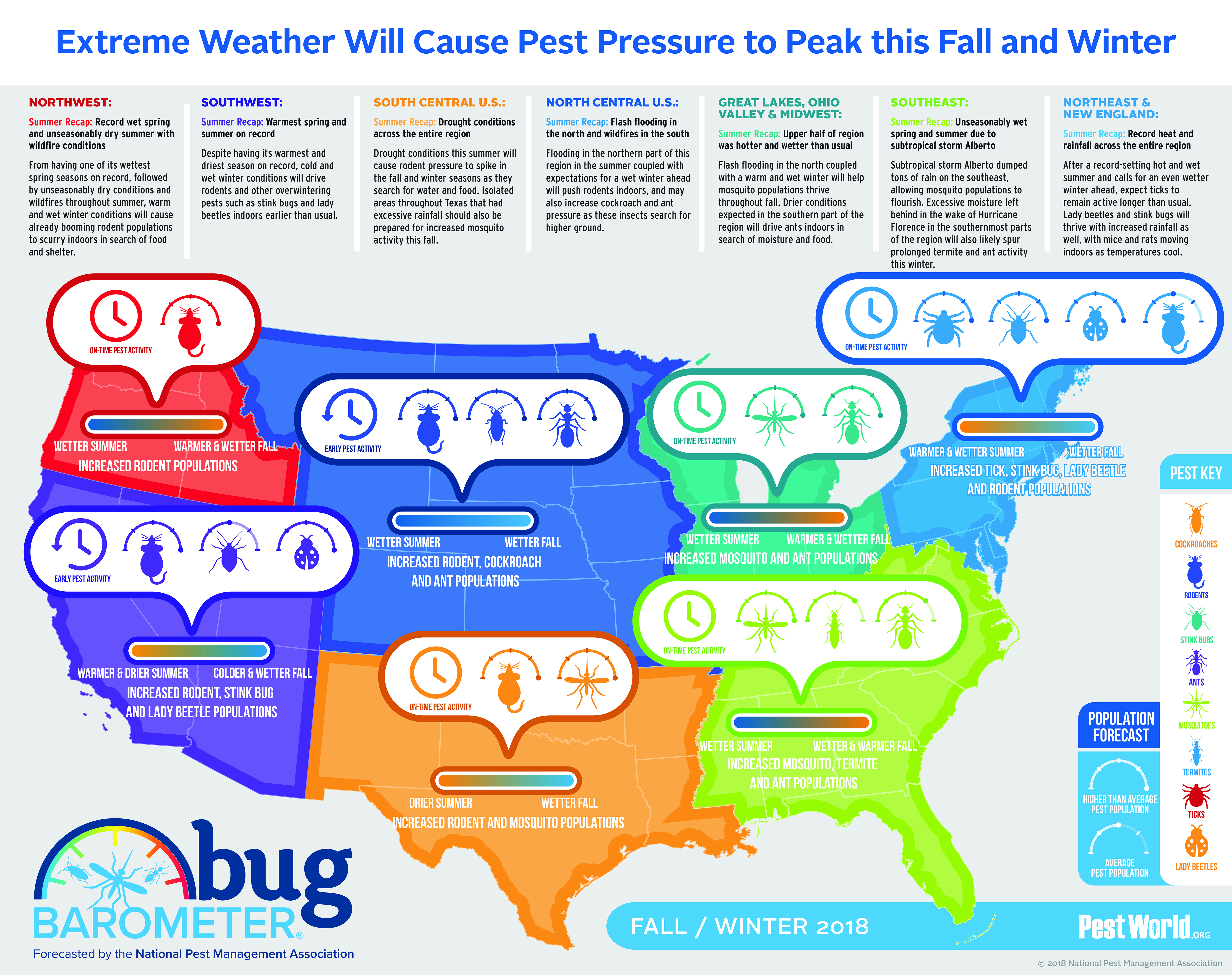Pest-Proofing Your Garden: Tips For Maintaining Outside Bugs Away
Pest-Proofing Your Garden: Tips For Maintaining Outside Bugs Away
Blog Article
Web Content Develop By-Dunlap Medeiros
Picture your yard as a sanctuary, a location of harmony and beauty. Nevertheless, the existence of exterior pests can quickly disrupt this picturesque picture. What if there were straightforward yet effective methods to maintain these unwelcome visitors at bay and safeguard your yard sanctuary? By following a couple of useful pointers and executing all-natural methods, you can create an unified outdoor room where your plants can prosper undisturbed.
Natural Pest Deterrents
To maintain parasites away from your garden naturally, plant aromatic natural herbs like mint and lavender. These fragrant plants not only include beauty to your yard however additionally serve as efficient bug deterrents. Parasites like mosquitoes, flies, and even some garden-damaging bugs are driven away by the strong fragrances discharged by these herbs. Simply placing https://gunneroidxr.dbblog.net/292739/client-endorsements-actual-accounts-of-parasite-control-service-experiences around your garden can assist develop a natural obstacle versus unwanted bugs.
Along with mint and lavender, think about planting various other herbs like rosemary, basil, and lemongrass to even more improve your yard's pest-proofing abilities. linked site work as all-natural repellents but additionally have the included benefit of working in food preparation or crafting self-made treatments.
Strategic Plant Placement
Consider the format of your yard and the sorts of plants you have to tactically put them for maximum pest-proofing efficiency.
Beginning by grouping plants with comparable resistance to parasites with each other. By doing this, you can create a natural obstacle that hinders bugs from spreading throughout your garden.
Furthermore, putting pest-repelling plants like marigolds, lavender, or mint near even more vulnerable plants can aid secure them. Tall plants, such as sunflowers or corn, can work as a guard for much shorter plants versus insects like bunnies or ground-dwelling pests.
Bear in mind to leave sufficient area between plants to improve air circulation and decrease the risk of diseases that pests could bring.
Moreover, think about planting strong-smelling herbs like rosemary or basil near vulnerable plants to puzzle bugs' senses and make it harder for them to find their targets.
Reliable Pest Control Techniques
For combating garden pests properly, implementing a multi-faceted insect control technique is vital. Begin by motivating natural predators like birds, ladybugs, and hoping mantises to help maintain pest populations in check. Presenting plants that draw in these advantageous insects can assist in bug control. In addition, practicing excellent garden health by removing particles and weeds where pests may hide can make your garden less hospitable to undesirable visitors.
Consider using physical obstacles such as row cover textiles or netting to protect prone plants from pests like caterpillars and birds. Using natural chemicals like neem oil or insecticidal soap can also be effective versus specific parasites while being much less dangerous to helpful pests and the atmosphere. It's vital to rotate your crops each period to stop the accumulation of parasite populations that target details plants.
Routinely examine your plants for indicators of bug damages so you can do something about it immediately. By combining these approaches and staying alert, you can efficiently manage yard pests and appreciate a successful, pest-free yard.
Conclusion
So, there you have it - with the appropriate techniques, you can maintain pesky outdoor bugs far from your yard and help your plants thrive.
Did you know that growing mint has been shown to fend off insects and other pests, minimizing the requirement for dangerous pesticides by approximately 60%?
By including natural deterrents and clever planting methods, you can create a gorgeous and pest-resistant yard sanctuary for you to appreciate.
